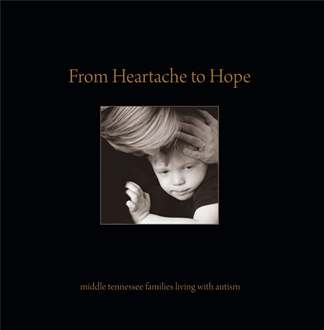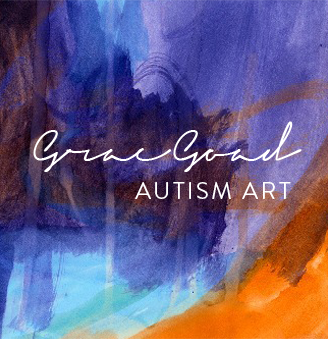"You need to use the 'A' Card! I'm serious!" I said it again. Between laughs she asked what was the 'A' Card." "It's when you say, my child is 'autistic.' (It's one of the few times I suspend PeopleFirst language and use the word "autistic.") And also, I added, "use the 'single mother card, too. It's when you say to people, when you really need help, 'Look! I've got a heavy load here. You cry uncle!"*
A group of mothers and I were gathered around a table at a facility where our children were engaged in an activity elsewhere on the premises. Someone has asked the mother about her aging parents and her mother's ailing condition. Not complaining and only when asked, she had already told us about her own debilitating, reoccurring health problem. Her parents were probably coming to live with her, she told us.
My worst nightmare. To take care of my child with autism as a single mother and then aging parents. My parents went through their old-age health crisis for years, but my sister, who lives in the same city took care of them–at much expense to her own life and health. (I have a series on "The Journey with Grace" from 2008 to 2011 about this, from which I want to create an an ebook.) When, from time to time, I thought about it could have been me and sighed relief, I knew there were mothers out there everywhere who were not only taking care of children with autism but aging parents. And being single.
I backtracked on my language and apologized for telling her what she needed to do. (I don't need to give her or anyone advice.) Another friend chimed in and modeled a better way to share my concerns: that she communicate to medicare and other service providers how dire her situation so that she could get all the help she would need
Again, the mother laughed. Repeatedly. My spiritual teacher was with me. He witnessed and heard the conversation. Two days later I asked him about her response. He said, "if she didn't laugh…she would have cried." And as always, my teacher turned it into a lesson for me. "She needed to tell the truth." He meant it not in a judgemental way. I got the message and more so as we continued to talk and I reflected upon this in my own life parenting my special needs child.
It's important to tell the truth about our lives. Yes, this is difficult. But, to be whole, to heal, to be healthy, we must get it out. Cry. Get angry. Flush out the emotions. And then go about the business of living the lives before us. I've been doing that a lot this summer as I've come to this perilous precipice of seeing my daughter rapidly aging out of services. "Rocks are hard and water is wet." It's important that we tell the truth about our journey to ourselves, as well. We need to be honest with ourselves. I have not always been as fully honest as I needed to be, especially to me. I'm continuing to learn to do so.
Coming up: On Being Honest: Part II (With Others)




